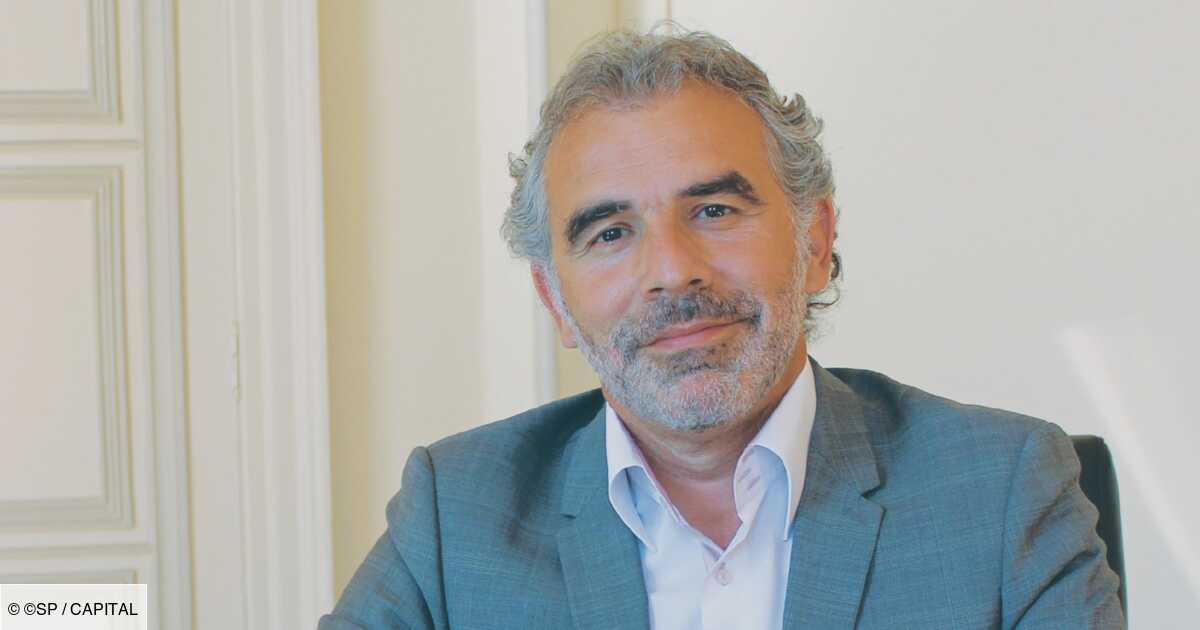Reading time:
2 minutes
The reputation of the gold market is regularly tarnished by allegations of money laundering, price manipulation and other fraud. There are increasing attempts to clean up the sector, most of which rely on the use of blockchain… Column by Pierre Egéa.

© ©SP
– Pierre Egéa, Professor of Public Law at Toulouse Capitole University.
Between 2012 and 2014, difficulties in international control of gold transactions were highlighted by the Dubai-based trader Kaloti affair: the trader was accused of buying gold from criminal networks for the purpose of money laundering. Kaloti was able to sell gold to major companies, including Apple, General Motors and Amazon, raising questions about the security of global supply chains. The case illustrates the ease with which the mineral can be used by an international bandit to launder money and the challenge of effective oversight in the sector. Gold, with its high intrinsic value, universal liquidity and price stability, has thus become a magnet for money laundering operations on a global scale.
While the response of authorities around the world varies, many states have changed or will change their legal framework. Initiatives are emerging to make transactions more reliable and transparent. Sometimes they include technological innovations such as blockchain. For example, Estonia is using blockchain to secure health data, digital identity and electronic voting, while Singapore is using it to instantly solve the delicate problem of cross-border transactions.
When it comes to the gold sector, blockchain technology, thanks to its transparency and traceability, offers a robust solution for tracking and verifying transactions, from mining to the final transaction. These secure mechanisms have the potential to prevent counterfeiting and fraud, recurring problems in the sector, while guaranteeing the authenticity and provenance of gold. By eliminating the need for costly intermediaries, blockchain decentralization enables more efficient and less costly transactions. The gold market could thus benefit from faster and safer trading with reduced transaction costs.
International players are dealing with this topic. The World Gold Council and the London Bullion Market Association have announced their desire to use blockchain to track the global supply of gold and create an international tracking system for precious metals. In a joint statement released in March 2022, the structures said “this will help consumers, investors and market participants gain confidence in the authenticity of their gold and the responsible and sustainable nature of their transaction”..
>> Our service – Invest in cryptocurrencies (Bitcoin, Ethereum, etc.) thanks to our partner online buying and selling platform
States are also changing their legal framework. In this regard, the United Arab Emirates leads. Following the Kaloti scandal in 2018, the country is overhauling its control system at the Dubai Multi Commodities Center (DMCC), a free zone, a stronghold of the precious metals trade that hosts more than 500 companies working on digital assets. The transformation of DMCC, which previously faced human trafficking, was thanks to blockchain. Where other countries like Switzerland benefit from a proven gold bullion traceability system, the Emirati system innovates by offering traceability of the material itself.
We can bet that in the coming years blockchain will prove to be one of the keys to unlocking a new level of security, efficiency and trust in the international gold market that will overcome many of the challenges traditionally associated with this sector.
>> Discover 21 Millions, Capital’s newsletter dedicated to cryptocurrencies and the web3. Every week a complete set to understand everything about the crypto revolution and price analysis to support you in your investments

